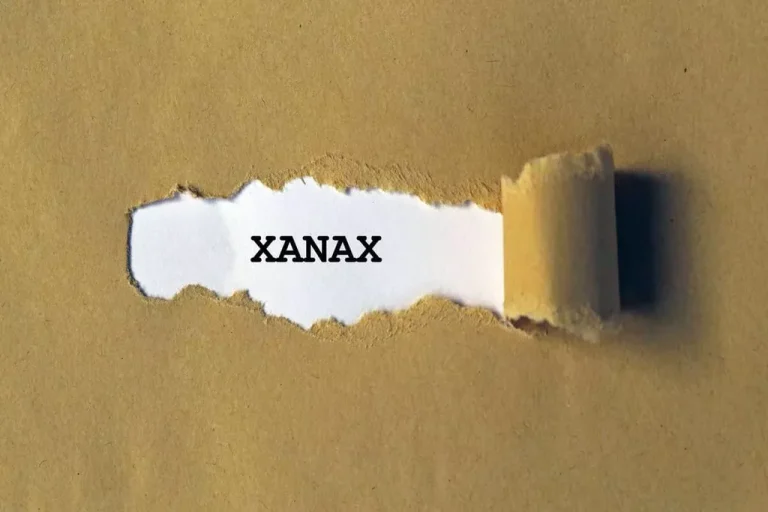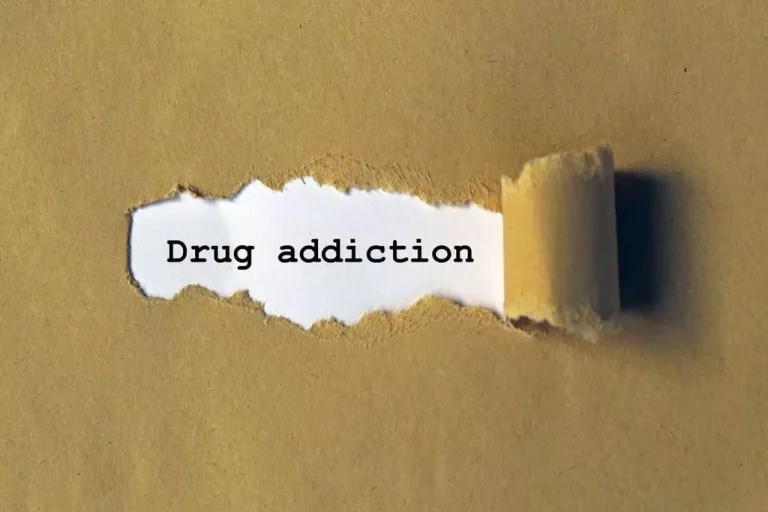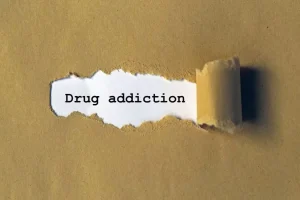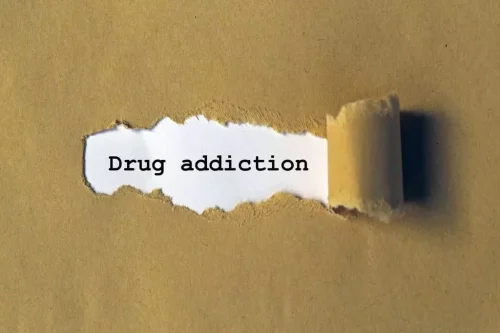
It’s bright and acidic and is lighter in body and color than a lot of other red wines. In fact, our locations offer a dedicated IV drip therapy for hangovers and their common symptoms. Our Hangover IV therapy starts with a Myer’s cocktail base, which includes a mixture of fluids, electrolytes, and other great stuff the body can always use. The alcohol and sugar in wine take your body a good amount of energy to break down compared to simpler foods or beverages. Because your body has to use extra energy to break down the wine contents, your body’s core temperature may also increase. If you are wearing multiple layers or in a warm environment, you could induce a light sweat if you drink multiple glasses of wine in a row.
Doctors Say These Types Of Alcohol Dehydrate You The Most

As you drink alcohol, it accumulates in Twelve-step program your body—especially if you drink large amounts at a fast pace. The higher your blood alcohol level is, the more you will notice its effects. Alcohol works as a diuretic in your body, increasing urine output. It suppresses the action of vasopressin—a hormone that helps regulate the fluid balance in your body. Vasopressin sends signals from your brain to your kidneys to dictate how much fluid is removed from your body as urine.

Red wine contains powerful plant compounds and antioxidants, including resveratrol
This happens at a rate of about one beer, a small glass of wine, or one shot of liquor per hour. While blood thinning isn’t a problem for most people, this can be problematic for those who are on blood-thinning medication while consuming wine. The compounds in wine can interfere with the normal blood clotting processes. They can cause excessive bleeding while on blood thinning medications.
- However, new studies have shown that dietary cholesterol and saturated fat do not cause heart disease when consumed in reasonable amounts (3, 4).
- If you are a nondrinker, health experts do not recommend that you start drinking alcohol.
- Even though some studies suggest that a glass of wine may lower your risk of heart disease, researchers can’t say for sure that a glass of red wine lowers your risk for cancer.
- No, it is strongly advised to avoid consuming alcohol, including red wine, during pregnancy to prevent potential harm to the developing fetus.
Red Wine With the Most Antioxidants
- The diuretic property of alcohol leads to an increased rate of fluid and electrolyte loss, outweighing the hydration benefits of the water content in wine.
- Moving beyond alcohol, red wines are known for their antioxidants, like resveratrol from grape skins.
- In the culinary world, the perfect pairing of red wine with Beef Bourguignon is a delightful art form that elevates the dining experience.
- While dry wines are generally better for you than sweet wines, certain varieties also provide more significant benefits.
Drink too many beers too quickly, and you’ll end up as dehydrated as you would taking a shot at the bar. “Drinking one beer over the course of a dinner will not increase your blood alcohol levels as much as if you drank four beers in the same time frame,” says Rumsey. Alcohol, including wine, is indeed a diuretic, meaning it promotes increased urine production, which can potentially lead to dehydration.
Alcohol dehydrates you, and it’s crucial to drink plenty of water and replenish electrolytes after consuming alcoholic beverages to restore optimal fluid balance. Although alcohol has no health benefits, many people enjoy drinking beer, wine, or other alcoholic beverages, and there are several ways you can minimize or avoid alcohol dehydration. That makes beer the clear contender as the least dehydrating, with a big caveat. As important as alcohol content may be, even more important is how much you drink in a given sitting.
How to Counteract Alcohol-Induced Dehydration
Some experts believed that red wine was the dietary agent protecting the French population from the harmful effects of these nutrients. I know that alcohols are more volatile than water and that ethanol boils at only 78 degrees as opposed to 100 degrees Celsius for water. I could open the bottle of wine in the shade, even the shade from my own body, and I should be able to remove alcohol from the wine by letting it evaporate. She goes on to explain these nutrients also help you retain fluids, while chugging a bunch of water will cause much of it to pass through your system without properly rehydrating you. Stoutz emphasizes the importance of hydrating before and during drinking, which can minimize how dehydrated you become. A 2016 study published in the American Journal of Clinical Nutrition assigned a beverage hydration index (BHI) to various drinks that would determine hydration status after ingestion.

More on alcohol & dehydration
Therefore, your body becomes less adept at holding on to water over time. This, in turn, could slow down the urine production of your kidneys, which means you’ll pass the wine out of your system more slowly as well. A hangover is a collection of symptoms that you experience as a result of the effects alcohol has on your body. Dehydration, toxic chemicals, fluid and electrolyte imbalances, and more can all contribute to the development of a hangover. Sugary drinks don’t have the same problems, unless you have difficulty regulating your blood sugar.

This type of red wine is usually light, effervescent, and slightly sweet and fruity. Internationally, this wine comes from the most planted and popular red wine grape. Cabernet Sauvignon is considered to be bold and tannic, with flavor notes including blackberry, black cherry, vanilla, and green pepper. In a few minutes, you’ll feel the effects of the IV drip therapy and may experience your hangover symptoms vanish into the ether. A good rule of thumb is that the higher the beverage’s alcohol content, the more dehydrating.
The Hydration Factor
An excellent example of this is the comparison between Pinot Noir (which is low in tannin) and Cabernet Sauvignon (which is higher). People with type-2 diabetes are more likely than the general population to develop cardiovascular disease and have lower levels of heart-protective HDL cholesterol, the authors note. Too much can be destructive to your health, raising your blood pressure and your risk of developing several kinds of cancer. Too little may hold you back from some of the benefits that moderate drinkers enjoy, like lower incidence of cardiovascular disease, mortality and type-2 diabetes. It is high in antioxidants, and drinking moderate amounts has been shown to be good for health. A higher tannin red wine makes our mouth feel dry and encourages more water drinking.
Many drinkers, especially those who drink heavily, which is defined as eight or more alcoholic drinks in a week in women and does red wine dehydrate you 15 or more in men, underreport their alcohol consumption. Don’t assume that a single glass of wine will overly dehydrate you, but keep in mind that wine is generally dehydrating compared to other alcoholic beverages like beer. In severe cases of dehydration, drinking water alone may be insufficient. If you are dehydrated to the point that you are experiencing symptoms like weakness or loss of consciousness, you may need intravenous (IV) fluids administered in a healthcare setting.
